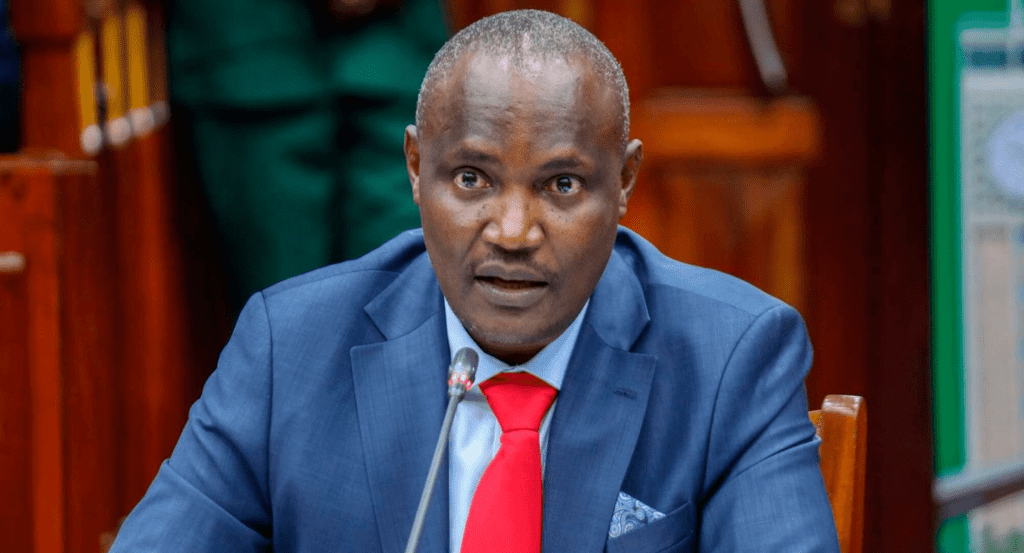Kenya has requested a new IMF deal after abandoning the latest review of its ongoing financial program. The country had been receiving financial assistance under the Extended Fund Facility (EFF) and Extended Credit Facility (ECF), which provided $3.6 billion in total. With $3.12 billion already disbursed, the final tranche of $480 million was expected after the sixth review. However, the government withdrew from the review process, signaling its intent to negotiate fresh terms.
As these programs expire next month, Kenya is seeking a new financial arrangement with the International Monetary Fund (IMF) to stabilize its economy. The move reflects the government’s efforts to manage debt, ease public pressure, and secure better financial conditions.
Why Kenya Scrapped the Previous IMF Deal
Kenya’s decision to abandon the latest IMF deal review was driven by economic and political concerns. The previous agreement, which included strict fiscal measures, had sparked public backlash due to increased taxes and rising living costs. Many Kenyans blamed the IMF-backed policies for making life harder.
Additionally, Kenya’s debt-to-GDP ratio stands at 65.7%, exceeding the recommended 55% threshold for developing economies. The government worried that meeting IMF conditions for the final $480 million disbursement would require further tax hikes or spending cuts, which could fuel more public discontent.
Rather than proceeding with the existing deal, Kenya is now negotiating a new agreement that better aligns with its economic needs and political realities.
Comparing the Old IMF Deal to the New One
The previous IMF deal under the EFF-ECF program focused on fiscal consolidation, structural reforms, and debt sustainability. It required Kenya to implement strict measures, including:
- Higher taxes to boost revenue
- Cuts to government spending
- Stricter controls on public borrowing
- Increased oversight of state-owned enterprises
While these policies helped stabilize Kenya’s economy, they also triggered significant public unrest. Protests erupted against tax increases, especially after the government introduced new levies on fuel, salaries, and digital services.
In contrast, the new IMF deal Kenya seeks is expected to prioritize:
- More flexible fiscal targets to allow economic growth
- Debt restructuring to ease repayment pressures
- Support for social programs to reduce public hardship
- Incentives for private-sector investment
This shift indicates that Kenya wants a deal that promotes economic stability without imposing harsh austerity measures on its citizens.
What This Means for Kenya’s Economy
A fresh IMF deal could provide Kenya with much-needed financial breathing room. With mounting debt and growing economic uncertainty, securing favorable terms is crucial. However, Kenya must strike a balance between IMF requirements and domestic economic priorities.
Experts believe the new agreement could include policy-based lending rather than direct financial disbursements. This means Kenya might not receive immediate cash but will instead benefit from IMF-endorsed policies that boost investor confidence. Such a deal could stabilize the Kenyan shilling, attract foreign investment, and improve economic prospects.
However, challenges remain. If the IMF imposes tough conditions, Kenya may still face resistance from its citizens. The government must negotiate terms that support growth without imposing excessive financial burdens on the population.
IMF Confirms Kenya’s Request for a New Agreement
The International Monetary Fund has acknowledged Kenya’s formal request for a new IMF deal. Discussions are ongoing to define the terms and structure of the new arrangement. The outcome of these negotiations will determine Kenya’s financial future and its ability to manage economic challenges effectively.























